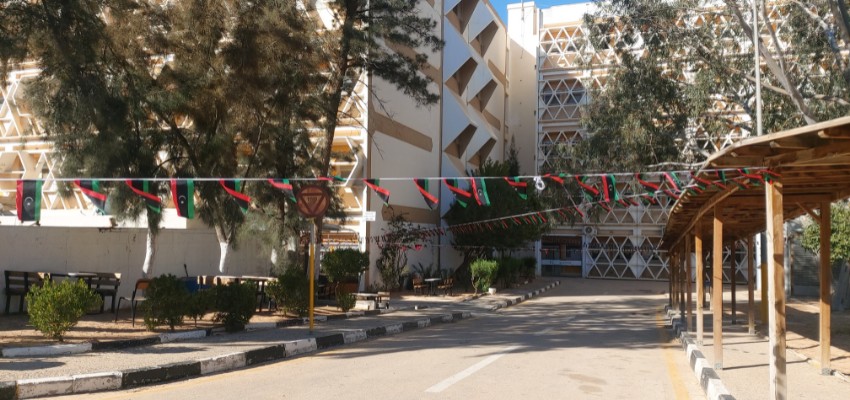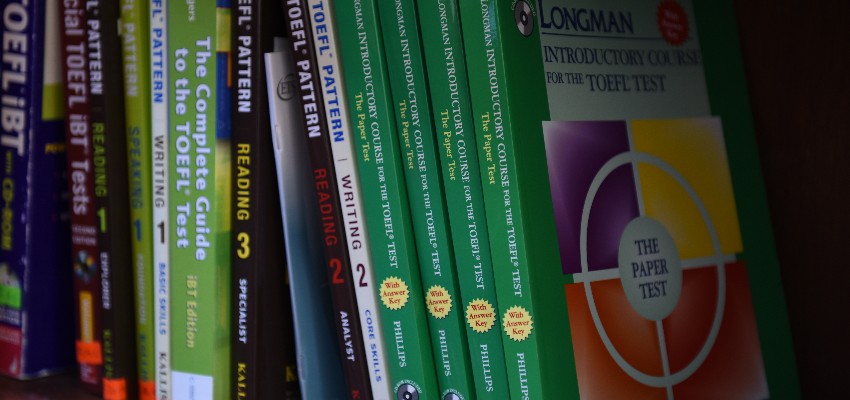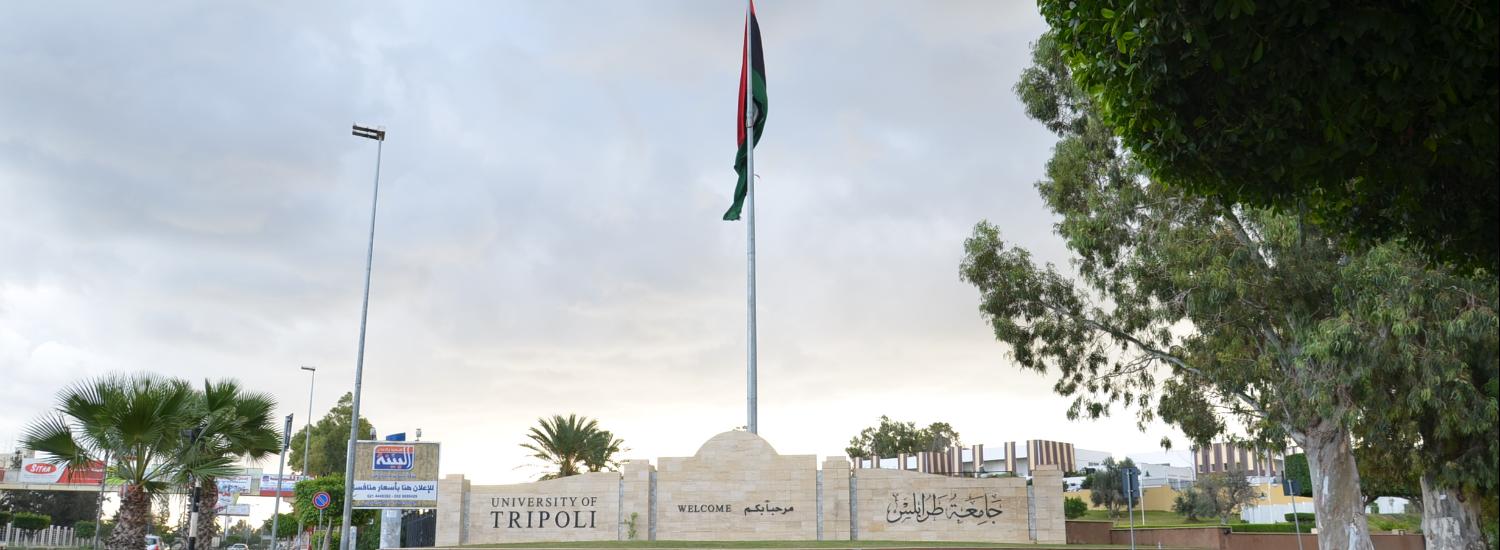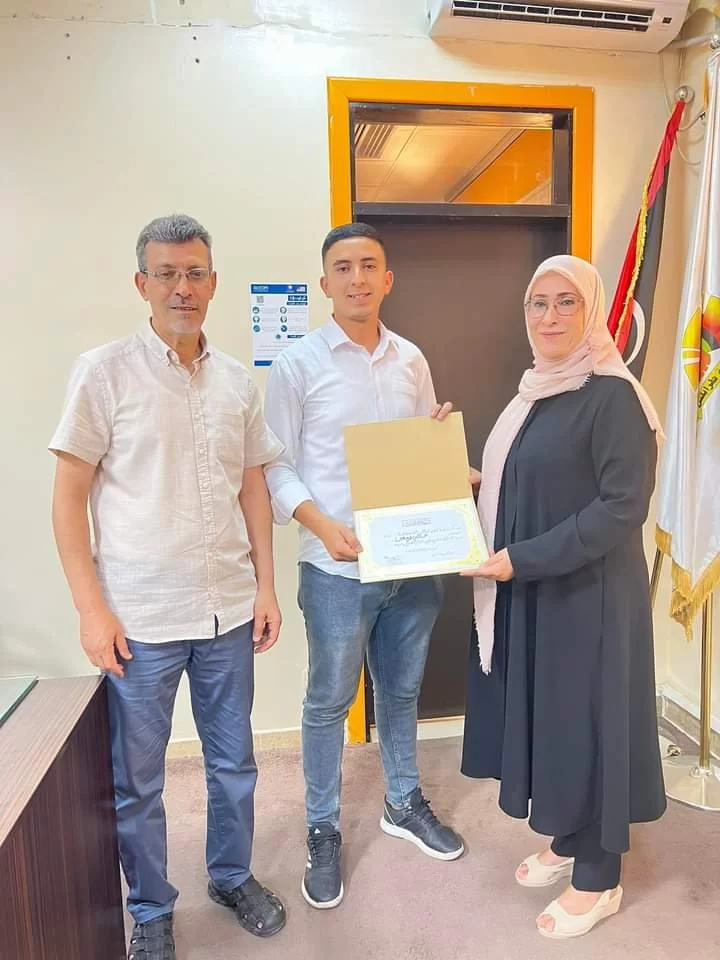كلية التقنية الطبية
المزيد ...حول كلية التقنية الطبية
حقائق حول كلية التقنية الطبية
نفتخر بما نقدمه للمجتمع والعالم
13
المنشورات العلمية
93
هيئة التدريس
38
الطلبة
37
الخريجون
أخبار كلية التقنية الطبية
2022-06-19
267
0
2022-06-12
435
0
2022-06-19
267
0
2022-06-12
435
0
من يعمل بـكلية التقنية الطبية
يوجد بـكلية التقنية الطبية أكثر من 93 عضو هيئة تدريس

أ. عبدالسلام عبدالقادر خليفة الجبالى
عبدالسلام الجبالى هو احد اعضاء هيئة التدريس بقسم تقنية الاسنان بكلية التقنية الطبية. يعمل السيد عبدالسلام الجبالى بجامعة طرابلس كـمحاضر مساعد منذ 2016-2-27 , ومحاضر منذ 26-09-2020 وله العديد من المنشورات العلمية في مجال تخصصه

















